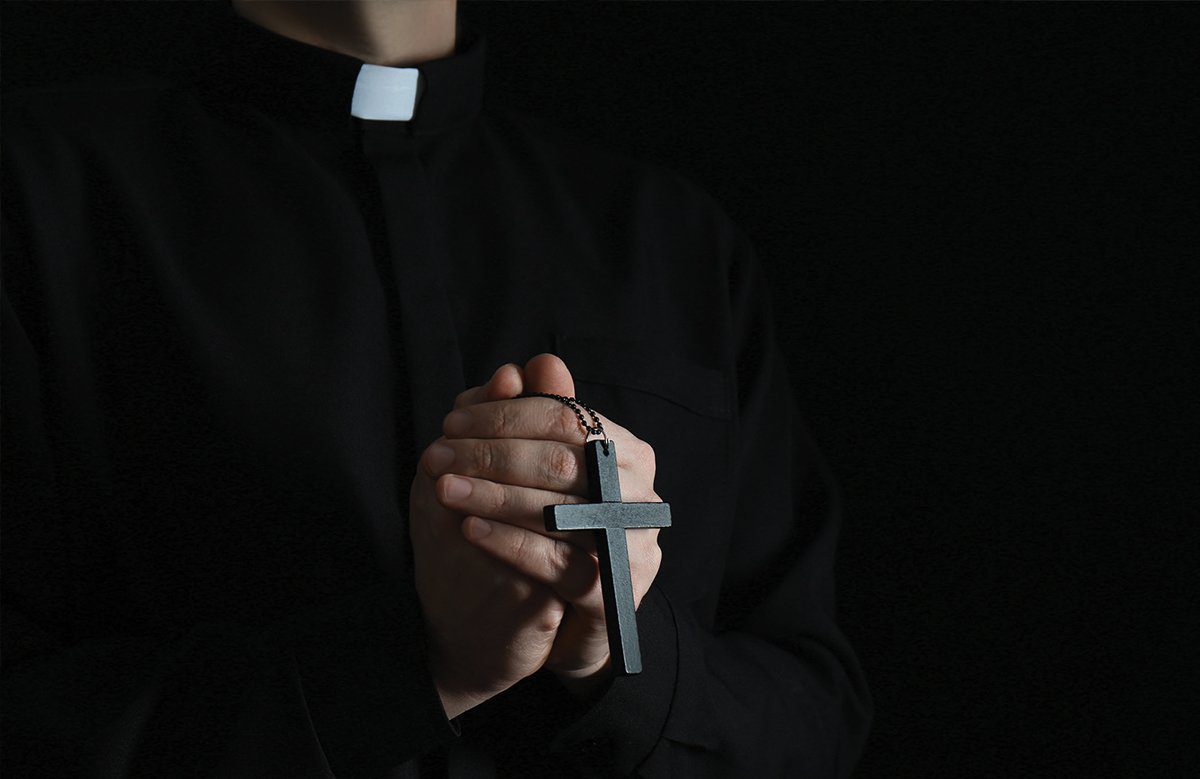Cases
CASE STATUS:
CLS ROLE:
STATE:
DECIDING COURT:
CASE DESCRIPTION:
Despite clear rulings and centuries of history, including its own traditional practices, the Texas Department of Criminal Justice (TDCJ) recently imposed two rules—one preventing clergy from praying aloud and one preventing clergy from touching the inmate—contrary to centuries of tradition. TDCJ said these long-accepted prayers would “disrupt the execution” despite any evidence that they had or would.
Death row inmate John Henry Ramirez is asking the U.S. Supreme Court to order the TDCJ to follow the Constitution, federal law, and its own historic practice and allow his spiritual advisor—a Southern Baptist pastor—to pray aloud for him and hold his hand in his final moments. On September 8, 2021, the Supreme Court granted expedited review of Ramirez v. Collier, in which a prisoner seeks to have his pastor pray aloud and lay his hands on him during his execution. CLS filed an amicus brief addressing the Religious Land Use and Institutionalized Person’s (RLUIPA’s) protections for the prisoner’s free exercise. The brief was joined by the National Association of Evangelicals, the Anglican Church in North America, Baptist Joint Committee for Religious Liberty, The Ethics & Religious Liberty Commission of the Southern Baptist Convention, The General Conference of Seventh-day Adventists, Queens Federation of Churches, and The Rutherford Institute. Special thanks to Professor Tom Berg and his students in the Religious Liberty Appellate Clinic at the University of St. Thomas (Minnesota) School of Law for their dedication in quickly drafting CLS’ brief.
On November 9, 2021, the justices heard oral argument on why inmates have the right to receive religious comfort and guidance in their final moments.
On March 22, 2022, in an 8-1 decision, the U.S. Supreme Court ruled that “Ramirez is likely to succeed on his RLUIPA [Religious Land Use and Institutionalized Persons Act] claims because Texas’s restrictions on religious touch and audible prayer in the execution chamber burden religious exercise and are not the least restrictive means of furthering the State’s compelling interests.” Chief Justice Roberts, writing for the Court, observed that “there is a rich history of clerical prayer at the time of a prisoner’s execution” and that while prison officials may have a strong interest “in monitoring an execution and responding effectively during any potential emergency,” they have not shown the need to ban all audible prayer in the execution chamber to advance that interest. Indeed, Roberts noted, there are other ways to do so – for example, by limiting the volume of prayers or requiring spiritual advisers to remain silent at key moments. Roberts also noted that the same is true for the state’s ban on allowing the pastor to lay hands on inmates. Although the state’s interests, such as security and preventing interference with the intravenous line in the inmate’s arm, are “commendable,” Roberts acknowledged, there are other ways to address these concerns, such as requiring the spiritual adviser to limit his touch to the inmate’s leg.
















































